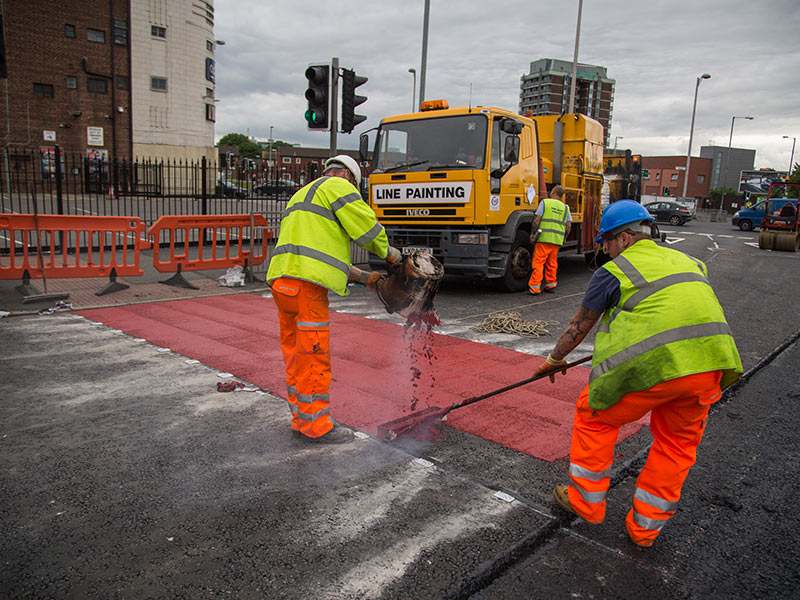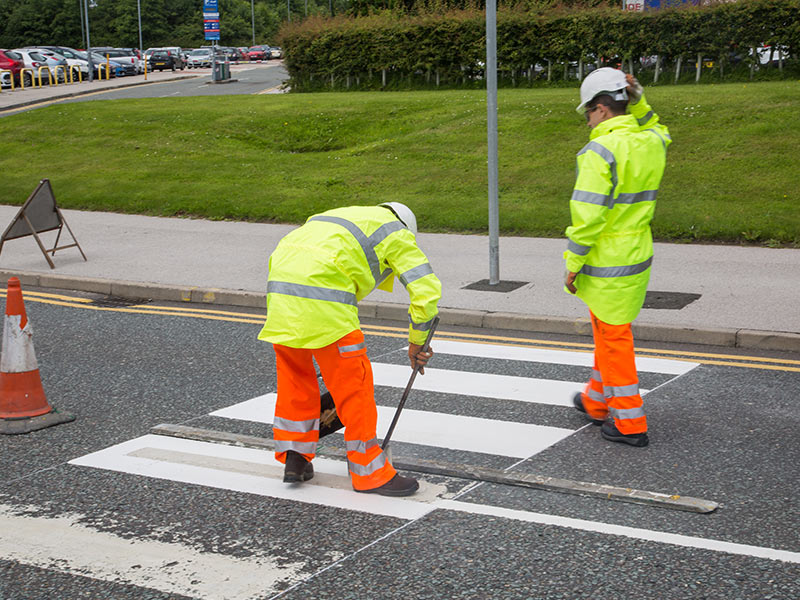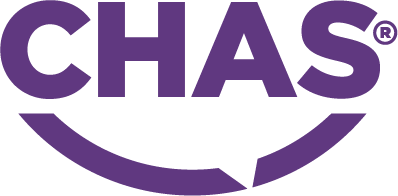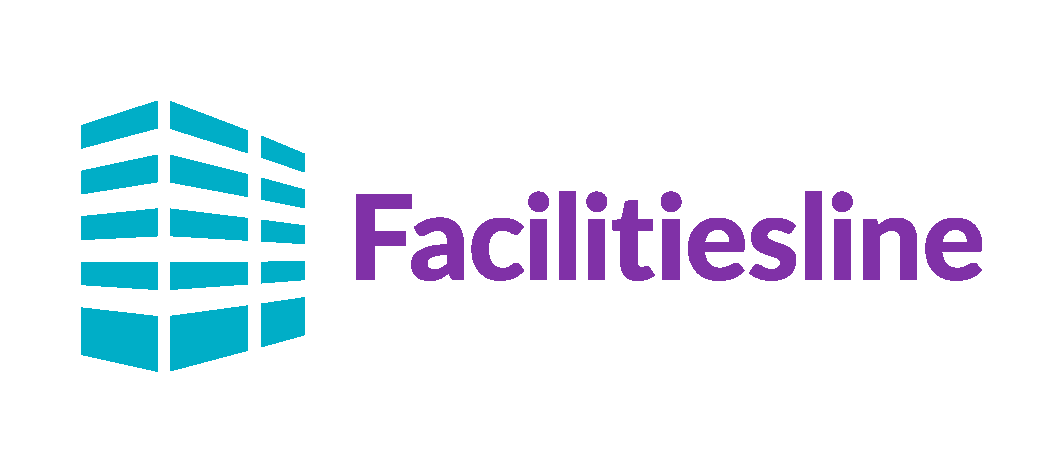A Guide to the Line Marking Process
- Road line markings are crucial visual cues that guide traffic, indicate lane usage, and alert road users to potential hazards, necessitating precision and accuracy in the line marking process.
- The line marking process involves surface preparation to ensure cleanliness and adhesion, selection of marking materials such as water-based or acrylic paint, and application techniques including spraying for paint and melting for thermoplastic markings, with emphasis on precision using advanced tools and machinery.
- Technological advancements have led to automated systems for efficient removal and replacement of markings, development of high-accuracy robotic line marking machines to increase productivity, and use of reflective materials to enhance visibility, contributing to safety and efficiency on UK roads.
Have you ever wondered how the lines on roads are meticulously marked, guiding vehicles and ensuring the smooth flow of traffic?
The road line marking process is a critical aspect of transportation infrastructure, playing a vital role in enhancing safety, efficiency, and organisation on the UK roads. In this article, we will be covering the line marking process in detail, so you can get a better idea of what’s involved.

Why road marking is so important
Road line markings essentially serve as visual cues that provide crucial information to drivers, pedestrians and cyclists.
They guide traffic, indicate proper lane usage, and alert road users to potential hazards that might be coming their way.
With this in mind, it’s absolutely crucial that line marking professionals are as precise as possible when they get to work.
If you want to get a better idea about the different kinds of road markings that you see here in the UK, take a look at this article.

The line marking process
The road line marking process involves several steps and techniques to ensure accurate and long-lasting markings:
- Surface preparation: Before the application of line markings, the road surface must be clean, dry, and free from debris. This typically involves sweeping the road to remove dirt, dust, and loose particles that could affect the adhesion of the marking material.
- Marking material selection: Road line markings can be created using various materials, including water-based paint, acrylic paint and thermoplastic. Paint is commonly used for temporary markings, while thermoplastic offers enhanced durability and longevity. If you want to learn a little more about the different kinds of line marking paints, read this article here.
- Application techniques: Road line markings can be applied using different methods depending on the chosen material. Paint is typically sprayed onto the road surface using specialised equipment, while thermoplastic markings are applied by melting the material and pouring it onto the road.
- The importance of precision: The process of applying road line markings requires precision and accuracy to ensure proper alignment, width, and visibility. If these measurements are off, this could ultimately affect the traffic on the road. Advanced tools and machinery, such as laser-guided systems and computerised templates, help in achieving consistent and uniform markings.
Technological advancements
As technology continues to evolve, the road line marking process has also seen exciting advancements in recent years.
Automated systems equipped with sensors and cameras can now scan and detect existing line markings, allowing for efficient removal and replacement.
On top of this, high-accuracy robotic line marking machines are being developed to increase productivity and reduce human labour requirements, and the increasing use of reflective materials enhances the visibility of road markings during night driving.
Here at Northern Marking, we’re the road line marking experts that you can trust. Northern Marking is based in Manchester, but provides services to clients in the following areas; Huddersfield, Blackburn, Rochdale, Preston and beyond. Northern Marking is a leading road marking company, providing the following services; line marking, school & playground markings, warehouse markings, electric car parking space marking, line removal, white lining and car park markings.
We’ve worked on countless private and local council line marking projects around the Manchester area, so if you want to give us a call about your next project, we’d be happy to hear about it!




















